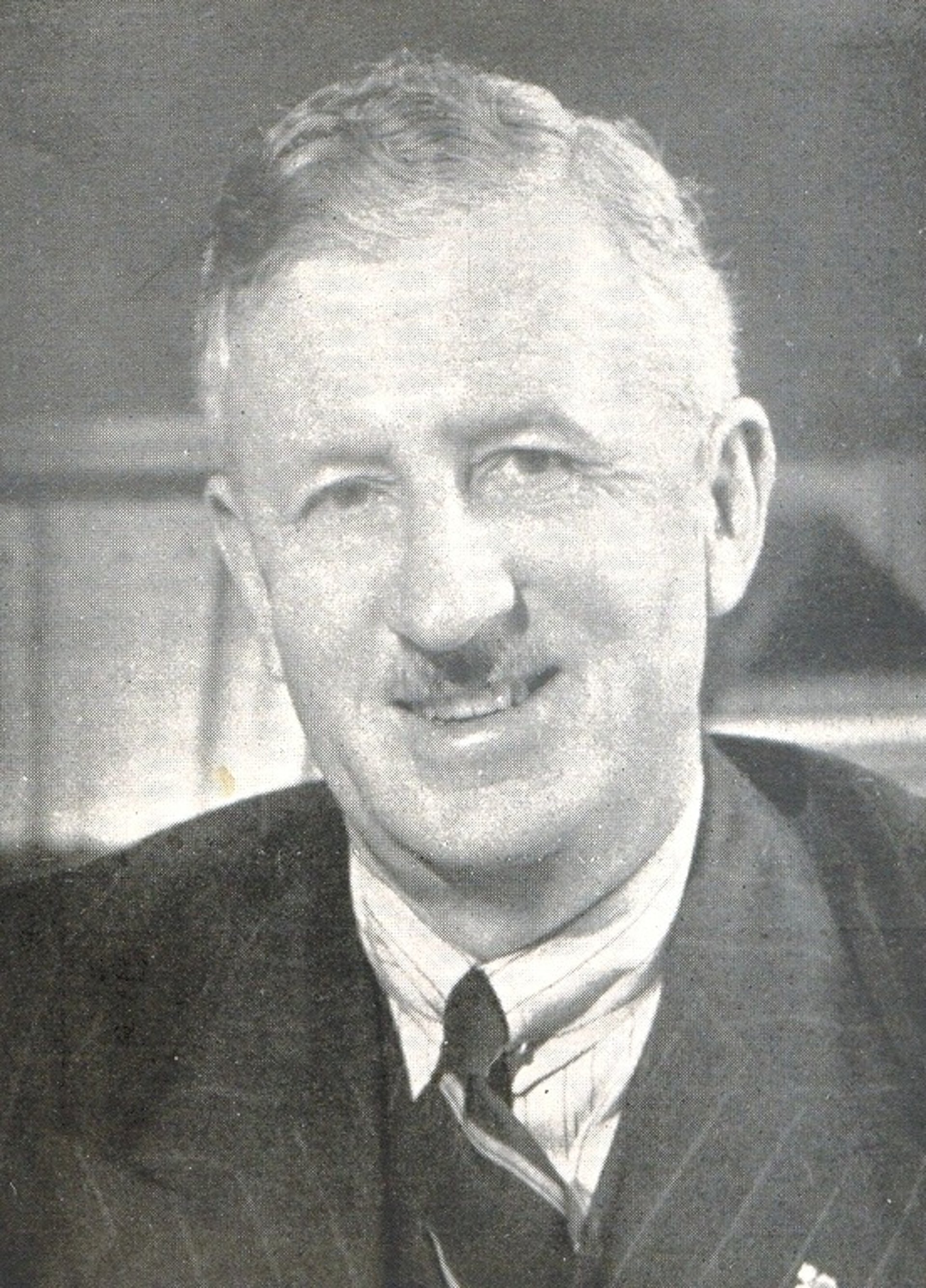
You didn’t come this far to stop
Wilfrid Kent Hughes
A Controversial Figure in the 8th Division AIF
Episode 15: Wilfrid Kent Hughes – A Controversial Figure in the 8th Division AIF
Wilfrid Kent Hughes was a man of many distinctions and a significant figure in Australian military and political history. His career spanned both World Wars, various governmental roles, and a lasting impact on the nation's development. However, his involvement in the formation and leadership of the 8th Division of the Australian Imperial Force (AIF) during World War II placed him at the center of one of the most contentious episodes in Australian military history. This episode delves into Kent Hughes' military and political career, his role in the 8th Division, and the controversies that surrounded him.
WW2 HISTORYDESCENT INTO HELLIN THEIR FOOTSTEPS BLOG
Toursofwar.com
7/28/20245 min read
Early Life and Military Career
A Promising Start
Born on June 12, 1895, Wilfrid Kent Hughes began his military career with distinction during World War I. Serving with the 3rd Light Horse Brigade in Gallipoli, Palestine, and Syria, he quickly made a name for himself.
Gallipoli and Beyond: As a staff captain, he was awarded the Military Cross in 1917 and mentioned in dispatches four times during his service in 1917-18.
Australian Mounted Division: He also served as Assistant Adjutant and Quartermaster General (AA & QMG) of the Australian Mounted Division, where his leadership and organizational skills were widely recognized.
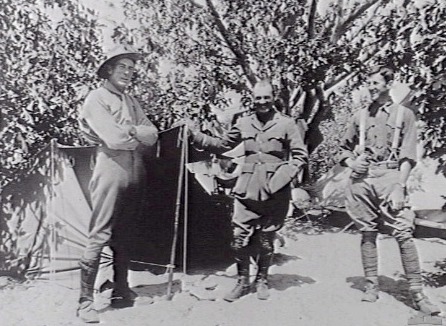

Did You Know?


Military Cross: The Military Cross (MC) is a British military decoration awarded for acts of exemplary gallantry during active operations against the enemy on land. Kent Hughes received this honor for his outstanding service during World War I.




Political Career and Post-War Achievements
After World War I, Kent Hughes transitioned into a successful political career, representing Victoria as a Member of the Legislative Assembly (MLA) from 1927 to 1949. His influence grew rapidly, and he was appointed Minister for Transport and Deputy Premier of Victoria from 1948 to 1949.
Federal Politics: After World War II, Kent Hughes continued to serve his nation as a member of the House of Representatives from 1949 until his death in 1970. During his time in federal politics, he was appointed Minister for Interior and Minister for Works and Housing from 1951 to 1955.
Olympic Games: Perhaps one of his most notable achievements was serving as Chairman of the Olympic Games Organizing Committee in Melbourne, for which he was awarded a Knight Commander of the Order of the British Empire (KBE).


From Soldier to Politician
Did You Know?
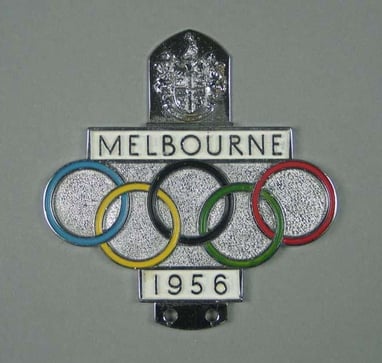

Olympic Legacy: Kent Hughes played a pivotal role in organizing the 1956 Melbourne Olympic Games, the first Olympics held in the Southern Hemisphere, which left a lasting legacy on Australia's sporting culture.
Engagements and Challenges
Kent Hughes was appointed to the headquarters of the 8th Division by Major General Vernon Sturdee, just before Major General Gordon Bennett took command of the division. His presence in the division headquarters made him a firsthand witness to the tension and discord that greeted Bennett's arrival.
Witness to Discord: In a letter written on January 24, 1952, Kent Hughes recalled how he was "both ashamed and disgusted" by the behavior of two staff officers who publicly expressed their disapproval of Bennett’s appointment. These officers, Colonel Henry Ward and Colonel Ray Broadbent, were outspoken in their criticism and unwillingness to cooperate with Bennett, setting the stage for ongoing conflict.
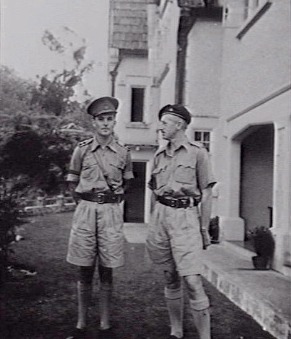

Appointment and Early Impressions
The Bennett Controversy
Bennett’s appointment as commander of the 8th Division was contentious from the start. His request for the command position, viewed by some as highlighting negative aspects of his character, sparked friction among the division’s senior officers.
Professional Rivalries: Bennett’s relationships with the staff corps officers, such as Lavarack, Rowell, Berryman, Vasey, and Clowes, were strained. His open criticism of these officers, and his broader criticism of the government’s defense policies, alienated him from both military and political circles.
Lack of Diplomacy: Bennett’s lack of diplomatic skill further exacerbated the situation. His confrontational style led to a fragmented leadership team, with officers like Kent Hughes caught in the middle of the discord.
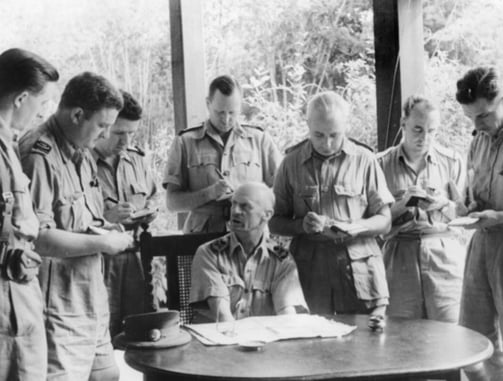

Appointment and Early Impressions
Legacy of Conflict
The conflict between Bennett and the senior staff officers, including the Governor-General's staff corps, left the 8th Division struggling with internal divisions that impacted its effectiveness. Kent Hughes' observations during this period provide valuable insight into the challenges the division faced, highlighting the complex dynamics of military leadership in a time of war.
Conclusion
The 8th Division AIF's formation, deployment, and ultimate fate during World War II underscore both the strategic importance and the tragic challenges faced by Australian forces. The division’s legacy remains a crucial chapter in Australia’s military history, reflecting the profound impact of their service and sacrifice. In the next episode, we will shift our focus to Wilfred Kent Hughes and explore his contributions to Australia’s wartime efforts and military strategies.
How You Can Help
Donations and Sponsorships: We are seeking corporate sponsorships and donations to fund ongoing restoration projects and educational programs. Your support can make a significant difference in maintaining the quality and impact of the museum.
Volunteer Opportunities: If you have expertise or time to offer, consider volunteering with us. There are many ways to get involved, from artifact restoration to educational outreach.
Spreading the Word: Share this blog and our mission with your network. The more people who know about the JEATH War Museum and its significance, the greater the impact we can achieve together.
The St Andrews Research Team is dedicated to preserving the legacy of the Thai-Burma Railway and the memories of those who suffered. We need your support to continue our work. There are several ways you can help:
Join the Cause!
If you or someone you know is interested in supporting this cause, please get in touch.
This is a chance to be part of something truly meaningful and impactful.
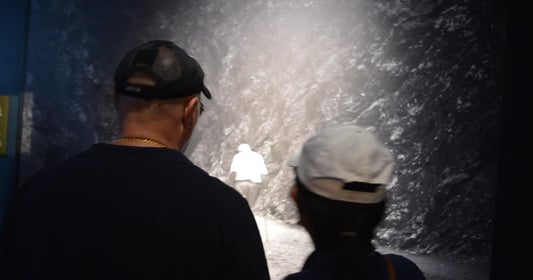

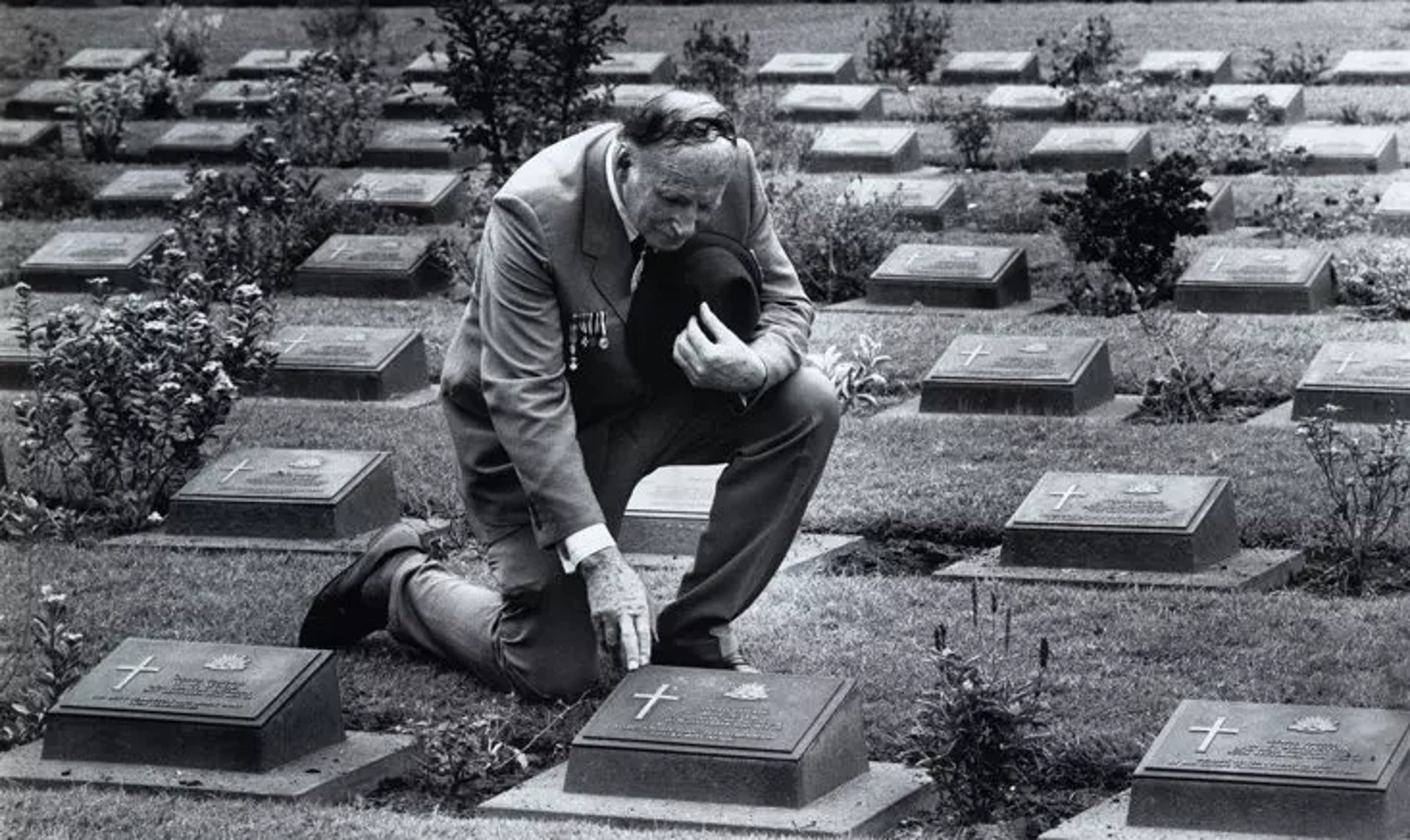
Together, We Can Make a Difference!
This is a veteran-run project, and we need your help to make it happen. Stand with us in honoring the legacy of the POWs and ensuring their stories are never forgotten.
